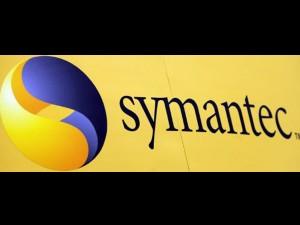
The company said the latest findings of its annual Symantec Intelligence Report showed that holidays and other yearly special occasions are being used for “spam” e-mails that entice users to click on links that redirect them to “compromised” sites on the Web.
“Spammers are taking advantage of other upcoming ‘calendar events,’” Symantec intelligence analyst Paul Wood said in a statement.
“By relating their mail to widely celebrated holidays and current events with global interest, spammers and malware authors can (at first glance at least) make their messages more interesting, and increase the chance of recipients visiting spam websites or becoming infected,” Wood said.
Recently, the company noted a rise in traditional Chinese New Year-themed spam e-mails. The company has also seen an increase in attack attempts that play on the fast-approaching Valentine’s Day.
One of the most popular forms of attack is a method called “phishing,” where in cyber criminals try to get users to unwittingly disclose private information that can be used to access one’s bank account, among others.
The company warned users to be wary of online deals that seem too good to be true. Symantec said recent attacks now disguised as discounts on jewellery, dinners and expensive gift articles are key themes for Valentine’s Day-related spam.
Other popular fake promotions include online pharmaceuticals, fake e-cards, gift cards, chocolates and flowers, all designed with the goal of capturing a user’s personal and financial details.
“In one spam sample, users are lured to purchase silver, gold and platinum jewellery with promises of additional free gifts. By clicking on the link, the user is redirected to a page asking for the user’s personal information in order to receive the gift that they have selected,” the company said.
The company said users should avoid opening unsolicited e-mails or clicking on links included in messages received from unknown or anonymous sources.